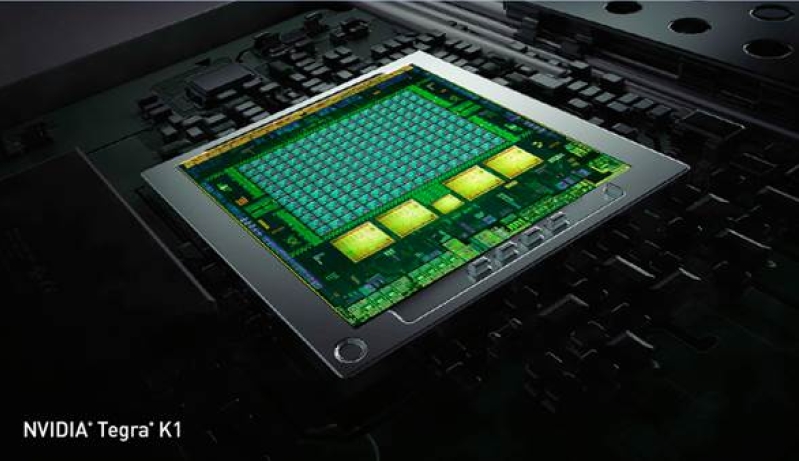
High-responsive gaming and high quality visual computing will no longer just be for gaming consoles and PCs; Nvidia has unveiled the Tegra K1, industry's most advanced mobile chip with 192-cores.
"We believe the Android operating system will be the most important console operating system in the future," Nvidia CEO and co-founder Jen-Hsun Huang said at the company's CES 2014 press conference Sunday night.
Tegra K1 offers three times the performance of Apple's A7 processor, according to Nvidia.
With the latest mobile chip, Nvidia then demonstrated the Digital Ira human face simulation - a simulation they originally debuted with the $1,000 GTX Titan. According to Forbes, the effects looked identical if not better.
"We've brought mobile computing to the same level as desktop computing and super computing," Jen Hsun stated.
Nvidia is also partnering with one of the industry's leading graphic engine Epic Game, who showed off their new Unreal Engine 5 on Tegra K1.
"We can take absolutely anything that runs on PC or high end console and run it on Tegra... I didn't think that we'd be at this level on mobile for another 3 to 4 years," said Epic Games' Tim Sweeney.
Nvidia is also expecting a deep level of adoption for the latest mobile chip in the automotive industry.
Tegra K1 will be offered in two pin-to-pin compatible versions: a 32-bit quad-core (4-Plus-1 ARM Cortex-A15 CPU) and a custom, Nvidia-designed 64-bit dual "Super Core" Denver CPU.
Nvidia has also published the whitepaper on Tegra K1 titled "A New Era in Mobile Computing," in which the company explains the advantages of advanced multi-core CPUs built on world's most advanced architectures and powerful GPU subsystems, Kepler, that enable new visual experiences.






